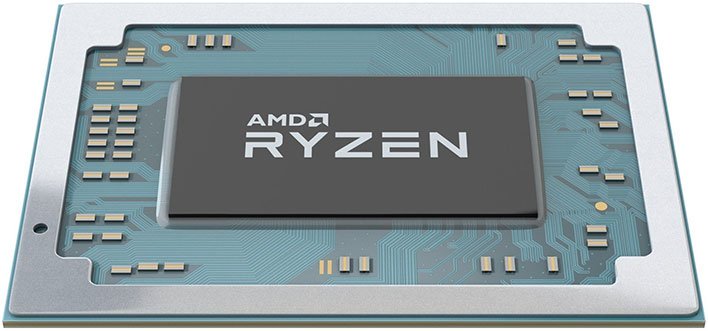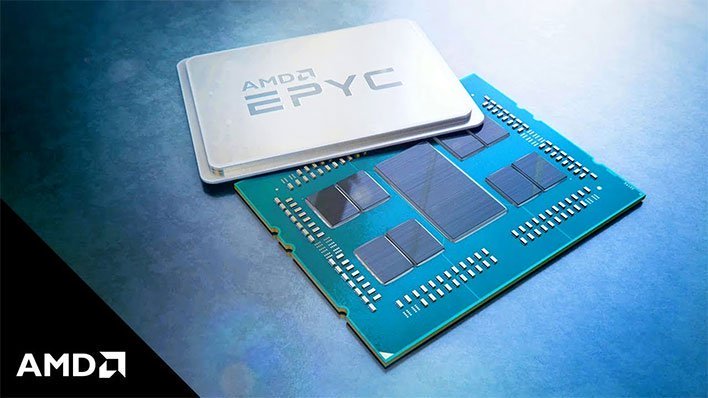AMD Ryzen And EPYC Processor Market Share Gains Posted On All Fronts Against Rival Intel

We're now learning that AMD's efforts are continuing to pay off, thanks in part to its Zen 2 architecture that launched in mid-2019. Mercury Research has posted its Q4 2019 CPU market share numbers, and AMD has gained share across all major segments against Intel.
AMD's PR agency just shared with me Q4 Mercury Research unit market share numbers for AMD excluding consoles and IoT. So I thought I'd share with you. Keep in mind these are unit share, not dollar share. pic.twitter.com/glFi0WP7F0
— Patrick Moorhead (@PatrickMoorhead) February 5, 2020
While AMD's gains quarter-over-quarter (Q3 2019 to Q4 2019) were negligible, you can't help but be encouraged by the year-over-year growth across all segments. The big standout was AMD's mobile processor shipments, which witnessed a 4-point share increase compared to Q4 2018. Its client business increased 3.5 share points, while the desktop and server businesses increased 2.4 percent and 1.4 percent respectively year-over-year. Overall, AMD increased its share of the processor market by 3.2 points for Q4 2019 versus Q4 2018.
These increases are part of a one-two punch in AMD's favor. AMD processors are outmaneuvering Intel's counterparts in price/performance, and Intel has been facing supply issues with its 14nm processor for well over a year now. These factors have resulted in a perfect storm of good fortune for AMD's processor business.

"Thanks to the strength of powerful new processors launched in Q4, like the Ryzen 9 3950X and the 3rd generation Threadripper family, desktop, excluding IoT, also increased," explained AMD in a statement. AMD also specifically called out its enterprise CPU business, adding, "The ramp of 2nd generation EPYC processors, launched mid-2019, has been significantly faster than 1st generation, thanks to performance and TCO advantages over the competition."
Looking at 2020, as Intel continues to struggle with 14nm demand, AMD is increasing its stake in 7nm production at TSMC to ensure it has a steady supply of chips. The company is hoping to make even greater inroads in the mobile market with its Zen 2-based Ryzen 4000 mobile processors, and it's set to hit Intel hard in the enterprise market with third-generation EPYC 7003 processors. We're also expecting Zen 3-based Ryzen 4000 consumer desktop processors later this year. In other words, AMD stands to make even more market share gains in 2020 barring in unforeseen hiccups.

